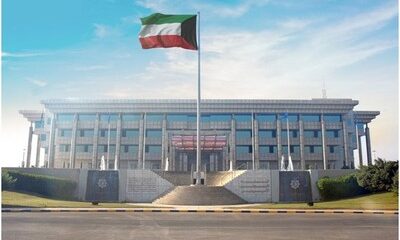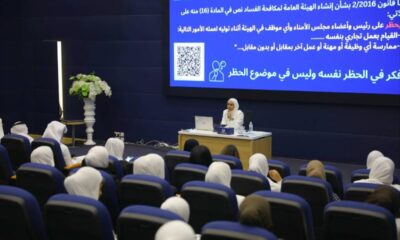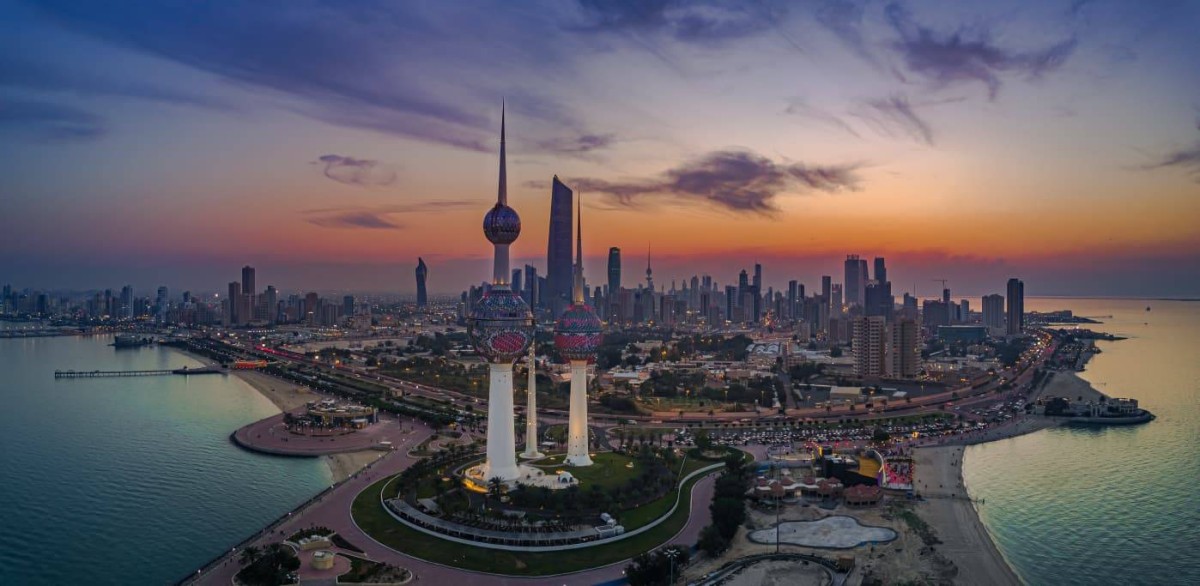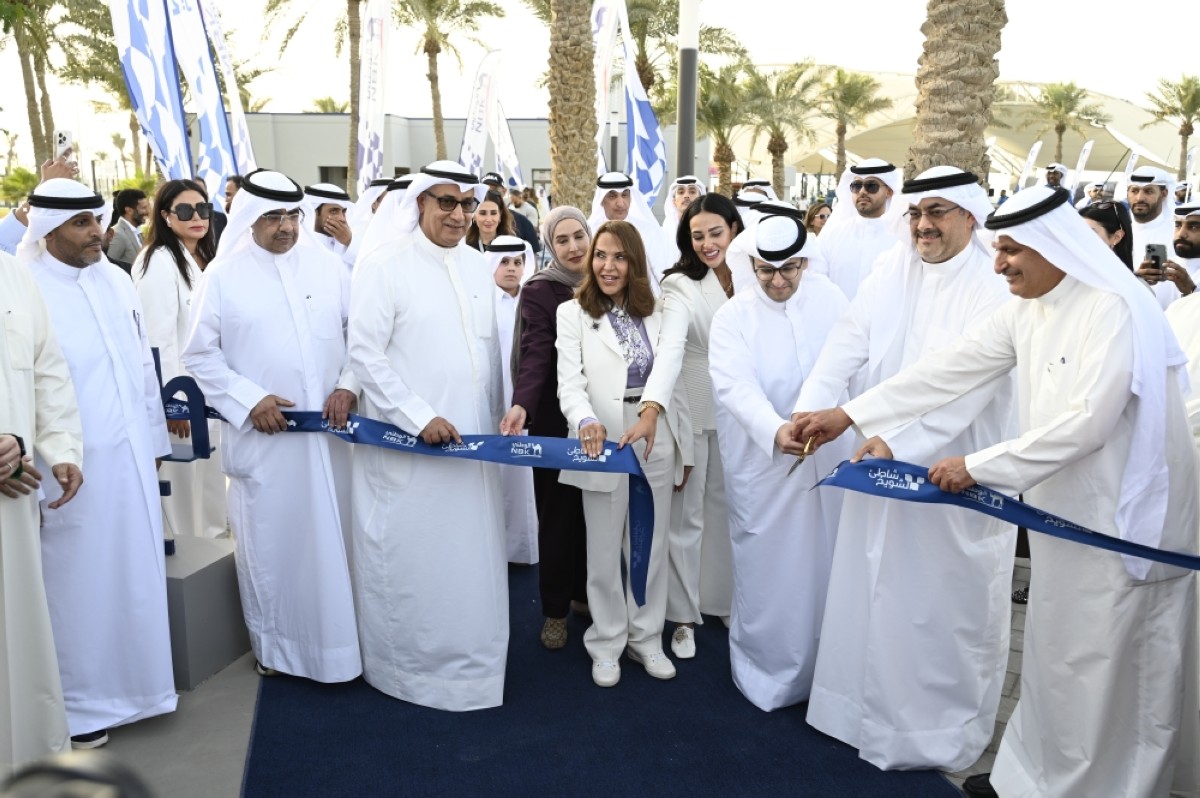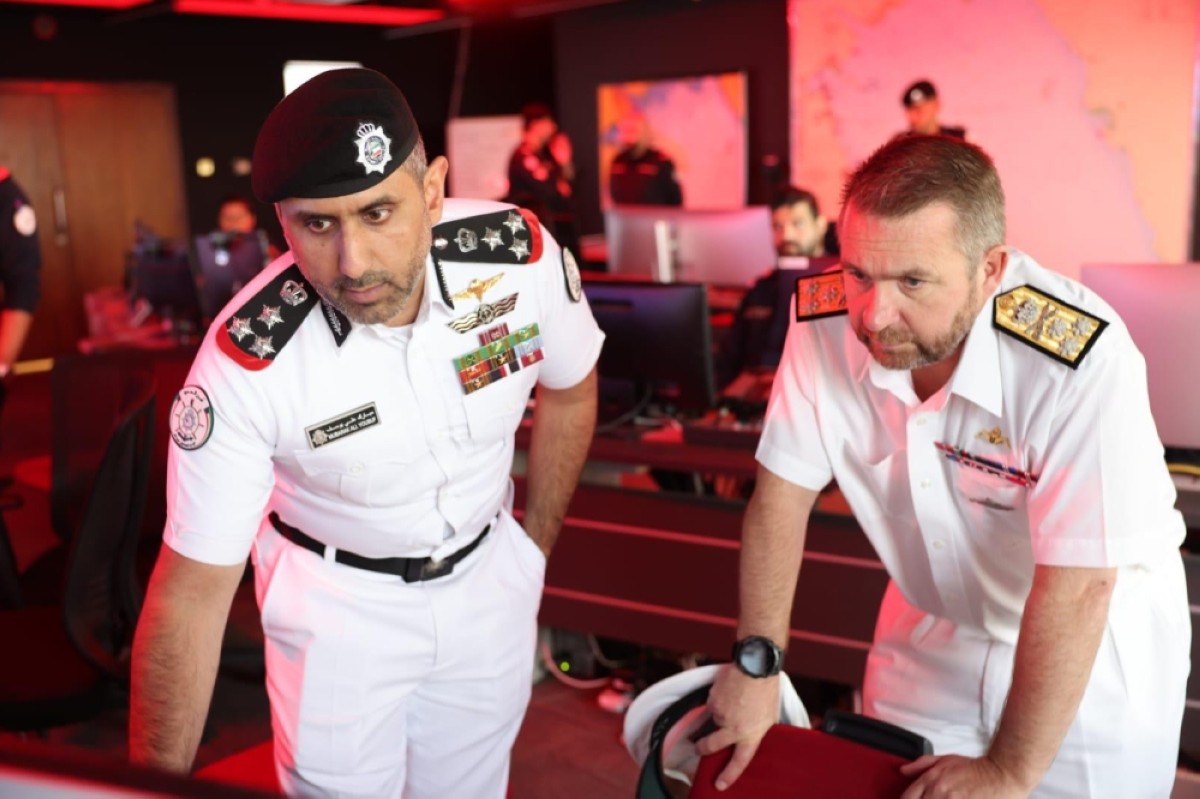KUWAIT: The new traffic law comes into effect on Tuesday, the interior ministry announced, warning that the new legislation stipulates much harsher fines and penalties, especially for serious offences. It replaces the old law which was issued in 1976. Motorists who run the red light, use mobile phones, fail to buckle up or park in places allocated for the handicapped and others, will pay much higher fines, and will be sent to court if they repeat the offences, officials from the interior ministry said.
“The law will be firmly applied on all,” Interior Minister Sheikh Fahad Al-Yousef Al-Sabah said on Monday. “It aims at saving lives and reducing traffic accidents,” he said. “We toughened penalties to deter offenders and protect life … Traffic accidents are the second largest cause of death in Kuwait,” Sheikh Fahad stressed. The interior ministry said in a statement that a large number of police patrols will be used to apply the new law, in addition to activating new advanced monitoring systems and cameras to detect offenders.
The interior ministry has launched a nationwide network of advanced traffic surveillance systems to support the new traffic law. These include sixth-generation AI-powered cameras that detect violations such as phone use while driving, not wearing seatbelts, illegal turns and speeding. New point-to-point speed cameras calculate travel times between two locations to catch speeders, while panoramic and intersection cameras monitor parking violations, sidewalk driving, congestion and red-light offenses. Mobile and temporary cameras provide flexible coverage on highways and areas without fixed systems. A key addition is the portable “Rased” camera, which has helped reduce red-light violations by 55 percent.
The ministry announced a few weeks ago that policemen have the right to arrest and detain serious traffic offenders like driving under the influence of alcohol or drugs, causing a traffic mishap resulting in a death or injury and racing on the road without a license, fleeing after causing an accident or refusing to obey police orders.
Other offenders who can be detained for an unspecified duration include those who run the red light, reckless drivers, those using vehicles to carry passengers without a license and driving without a valid license. The ministry also said that no compromise or financial settlements will be accepted for three major offences, which must go to court.
The cases include driving under the influence of alcohol or drugs which carries a jail term of one to two years and a fine between KD 1,000 and KD 2,000 or one of them, driving under the influence of alcohol and causing an accident and damage to property which carries a jail term of one to three years and a fine between KD 2,000 and KD 3,000. The third offense is driving under the influence of alcohol or drugs and causing an accident resulting in a death or injury, carrying a jail term of two to five years and a fine between KD 2,000 and KD 5,000, the largest traffic fine, or one of the two penalties.
SEE PAGE 3
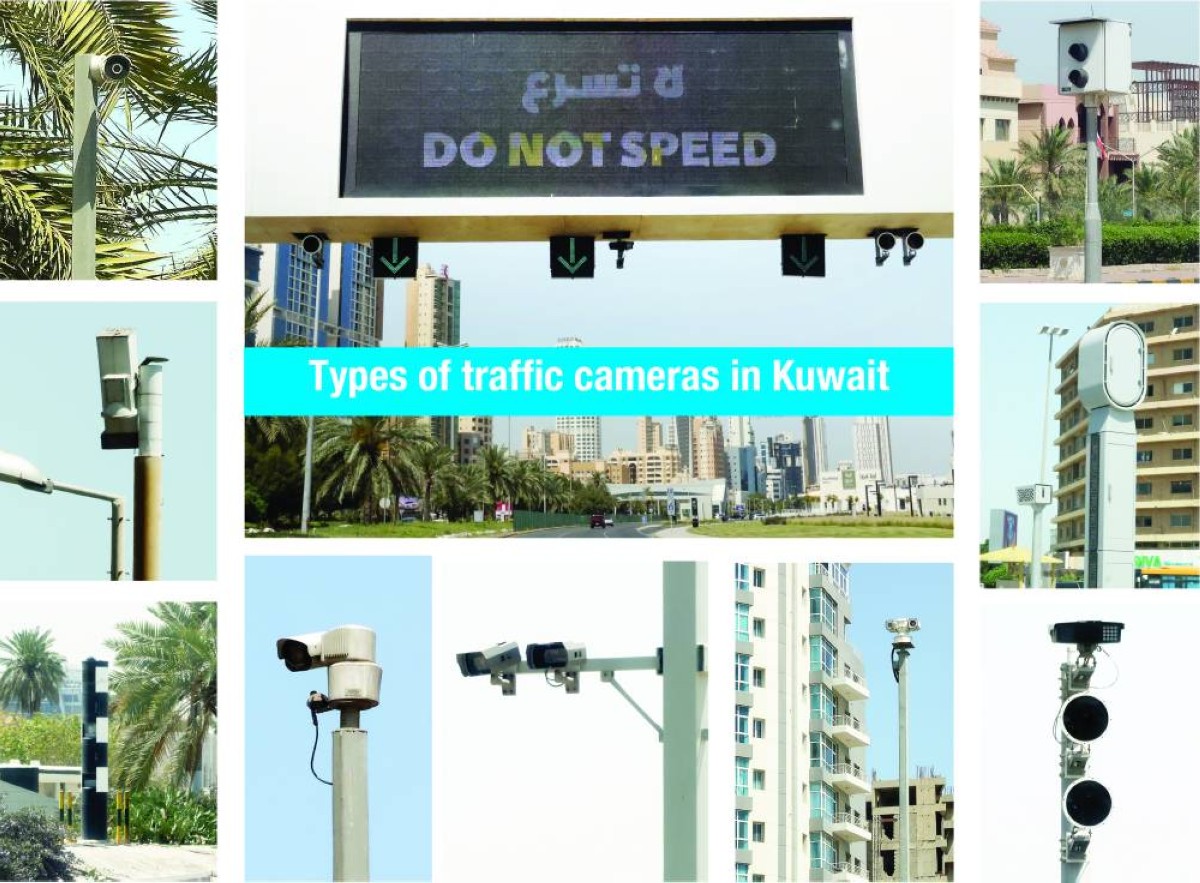

 Latest News24 hours ago
Latest News24 hours ago
 Politics10 hours ago
Politics10 hours ago
 Business17 hours ago
Business17 hours ago
 Latest News17 hours ago
Latest News17 hours ago
 Latest News15 hours ago
Latest News15 hours ago
 Latest News8 hours ago
Latest News8 hours ago
 Politics7 hours ago
Politics7 hours ago
 Latest News7 hours ago
Latest News7 hours ago
